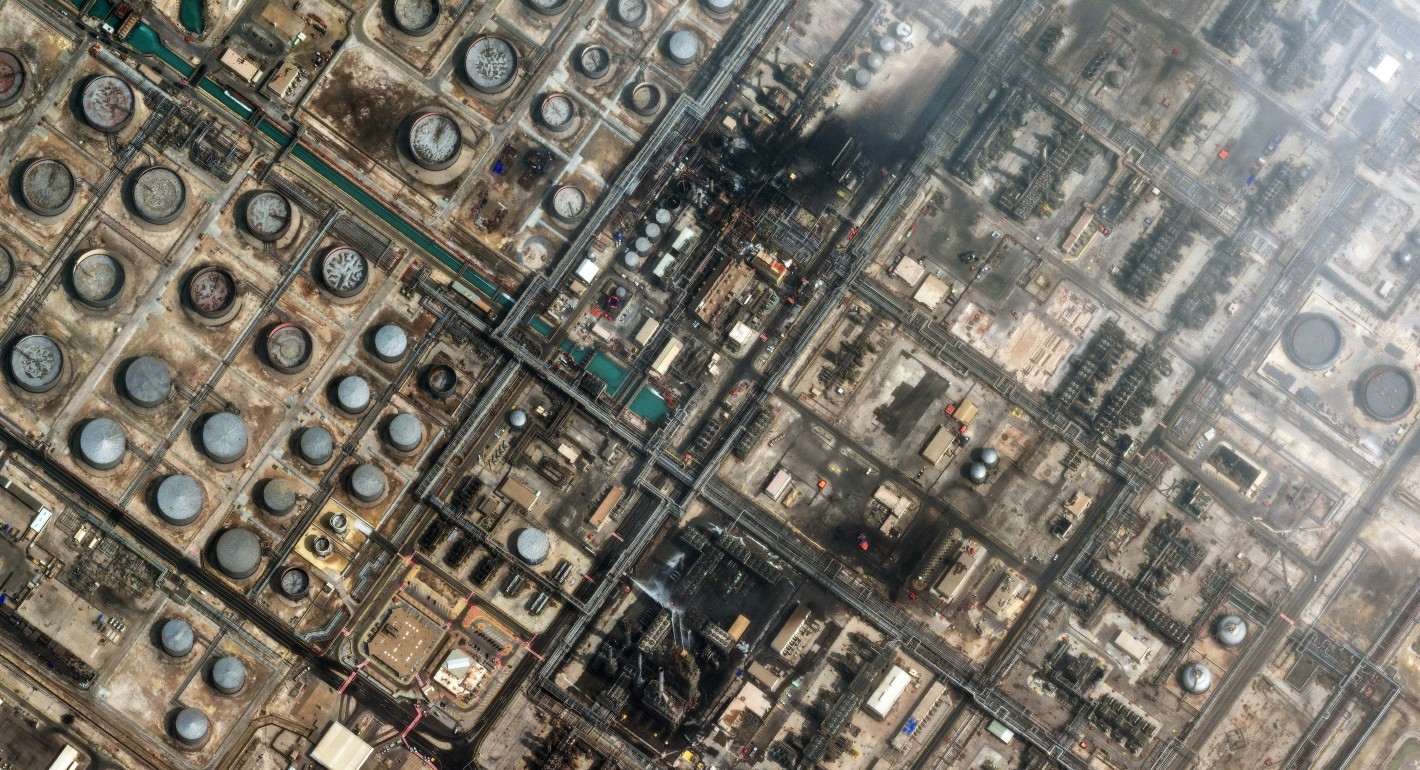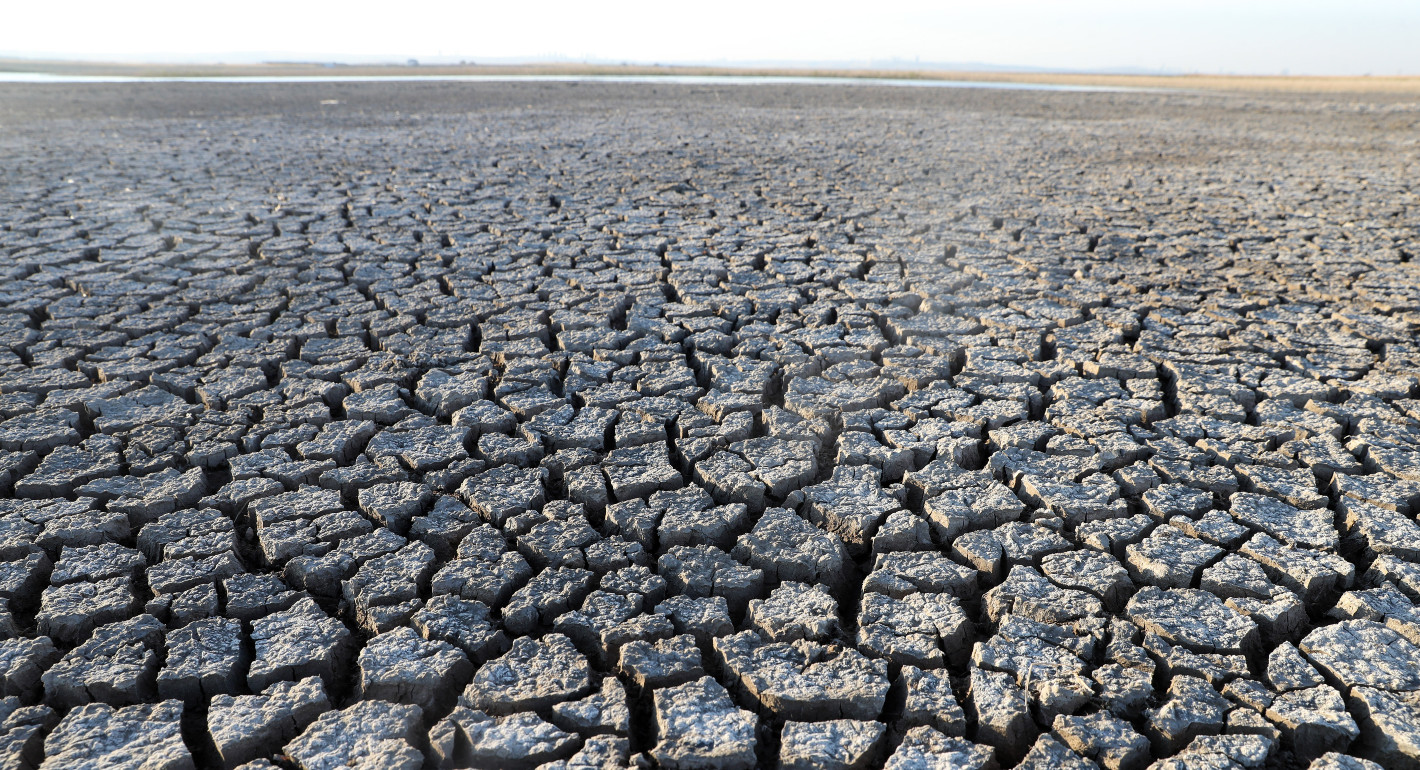Pierre Goldschmidt

Source: Getty
Iran’s Nuclear Program: Between Denial and Despair
Those who favor a diplomatic solution to the present crisis over Iran's nuclear ambitions should nevertheless realize that to ignore Iran’s defiance of UN Security Council resolutions is to tacitly support it, and doing so weakens the credibility of the non-proliferation regime and, in the end, increases the risk of nuclear proliferation, tensions, and violence in the region and beyond.
This week in Vienna the International Atomic Energy Agency (IAEA) Board of Governors discussed the deterioration of “the Agency's level of knowledge of certain aspects of Iran's nuclear related activities.” Contributing to this concern, Iran has unilaterally suspended its agreement to provide the IAEA with early design information for new facilities, and it has denied the IAEA access (for design verification) to the heavy water research reactor under construction at Arak. Notwithstanding these developments, the Board refrained from making a clear statement that Iran’s actions were in breach of its safeguards agreement yet again. Why? Is the Board of Governor’s silence on this issue for some obscure legal reason or because it is an inconvenient truth?
“An inconvenient truth”?
In his film on climate change “An Inconvenient Truth,” Al Gore remarks that quite often the same people who initially denied that there is any proof that the greenhouse effect is due to human activities, now say that global warming is inevitable and that it is too late to take corrective actions. A similar attitude is being adopted by some people with regard to the Iranian nuclear program. On the one hand they claim that all the incriminating indications gathered so far by the IAEA, Iran’s lack of cooperation with the Agency, and its refusal to comply with UN Security Council resolutions do not prove that Iran intends to manufacture nuclear weapons; on the other hand they say that it is in any case impossible to stop Iran in its quest to master the processes that are needed to fabricate and deliver nuclear devices.
In his film Al Gore insists that between denial and despair there is room for corrective actions. The same applies to Iran.
Right now, those who seek to avoid or defer strong diplomatic measures to peacefully enforce rules that Iran has broken appear to believe that:
Iran’s decision, in the middle of its war against Iraq, to launch an uranium enrichment program even though it had no foreseeable commercial use does not matter, because it cannot be proven that it had a military objective;
the 2003 International Atomic Energy Agency (IAEA) finding that for two decades Iran had illegally engaged in undeclared nuclear activities does not matter, because Iran allegedly has not committed any additional major violations since then;
Iran’s illegal possession of documents related to the fabrication of nuclear weapons components does not matter, because Iran asserts that it received these documents in 1987 without requesting them and has not yet used them;
Iran’s refusal to suspend all its uranium enrichment activities, as requested by the IAEA Board of Governors and three legally binding United Nations Security Council resolutions does not matter, because Iran would still need years to manufacture a nuclear arsenal;
the IAEA’s inability, after four years of investigation, to verify the absence of undeclared nuclear material and activities in Iran, or the exclusively peaceful nature of its nuclear program, does not matter, because the presence of such material, or a military dimension of its program has also not yet been proven;
the Security Council’s failure to adopt a binding resolution prohibiting all sales of sophisticated conventional weapons to Iran does not matter, because the benefits to weapons suppliers outweigh the risks of an arms race in the region;
the failure of the non-proliferation regime does not matter, because Ayatollah Ali Khamenei is said to have issued a fatwa stating that the production of nuclear weapons is forbidden under Islam (though this apparently does not apply in the Islamic Republic of Pakistan);
Yet, even if none of the above mattered enormously (quid non), and even if as has been claimed, Iran would still need 3 to 8 years to manufacture nuclear weapons, the international community cannot simply forget about the legally binding requests of the UN Security Council for Iran to suspend all enrichment-related activities, just because, so far, Iran is ignoring these requests. It creates a most damaging precedent and an encouragement for any state that is considering a similar path. Also, if Iran is now implicitly granted the right to operate a small scale enrichment plant, notwithstanding its violations of the NPT and its safeguards agreement, then there would be no legal basis to object to Iran’s operating a large scale enrichment facility and even producing a stockpile of weapons-grade high enriched uranium—even though there is no apparent civilian use for such material.
It is not enough to discuss what could possibly be negotiated, while Iran is forging full speed ahead with its nuclear program.
Those like me who favor a diplomatic solution to the present crisis should nevertheless realize that to ignore Iran’s defiance of UN Security Council resolutions is to tacitly support it, and doing so weakens the credibility of the non-proliferation regime and, in the end, increases the risk of nuclear proliferation, tensions, and potentially violence in the region and beyond.
Pierre Goldschmidt is a visiting scholar at the Carnegie Endowment for International Peace.
About the Author

Former Nonresident Senior Associate, Nuclear Policy Program
Goldschmidt was a nonresident senior associate at the Carnegie Endowment.
- A Realistic Approach Toward a Middle East Free of WMDArticle
- Serious Deficiencies Exposed by Latest IAEA Safeguards Implementation ReportArticle
Pierre Goldschmidt
Recent Work
Carnegie does not take institutional positions on public policy issues; the views represented herein are those of the author(s) and do not necessarily reflect the views of Carnegie, its staff, or its trustees.
More Work from Carnegie Endowment for International Peace
- Iran Is Pushing Its Neighbors Toward the United StatesCommentary
Tehran’s attacks are reshaping the security situation in the Middle East—and forcing the region’s clock to tick backward once again.
Amr Hamzawy
- The Gulf Monarchies Are Caught Between Iran’s Desperation and the U.S.’s RecklessnessCommentary
Only collective security can protect fragile economic models.
Andrew Leber
- Duqm at the Crossroads: Oman’s Strategic Port and Its Role in Vision 2040Commentary
In a volatile Middle East, the Omani port of Duqm offers stability, neutrality, and opportunity. Could this hidden port become the ultimate safe harbor for global trade?
Giorgio Cafiero, Samuel Ramani
- Europe on Iran: Gone with the WindCommentary
Europe’s reaction to the war in Iran has been disunited and meek, a far cry from its previously leading role in diplomacy with Tehran. To avoid being condemned to the sidelines while escalation continues, Brussels needs to stand up for international law.
Pierre Vimont
- Lessons Learned from the Biden Administration’s Initial Efforts on Climate MigrationArticle
In 2021, the U.S. government began to consider how to address climate migration. The outcomes of that process offer useful takeaways for other governments.
Jennifer DeCesaro








